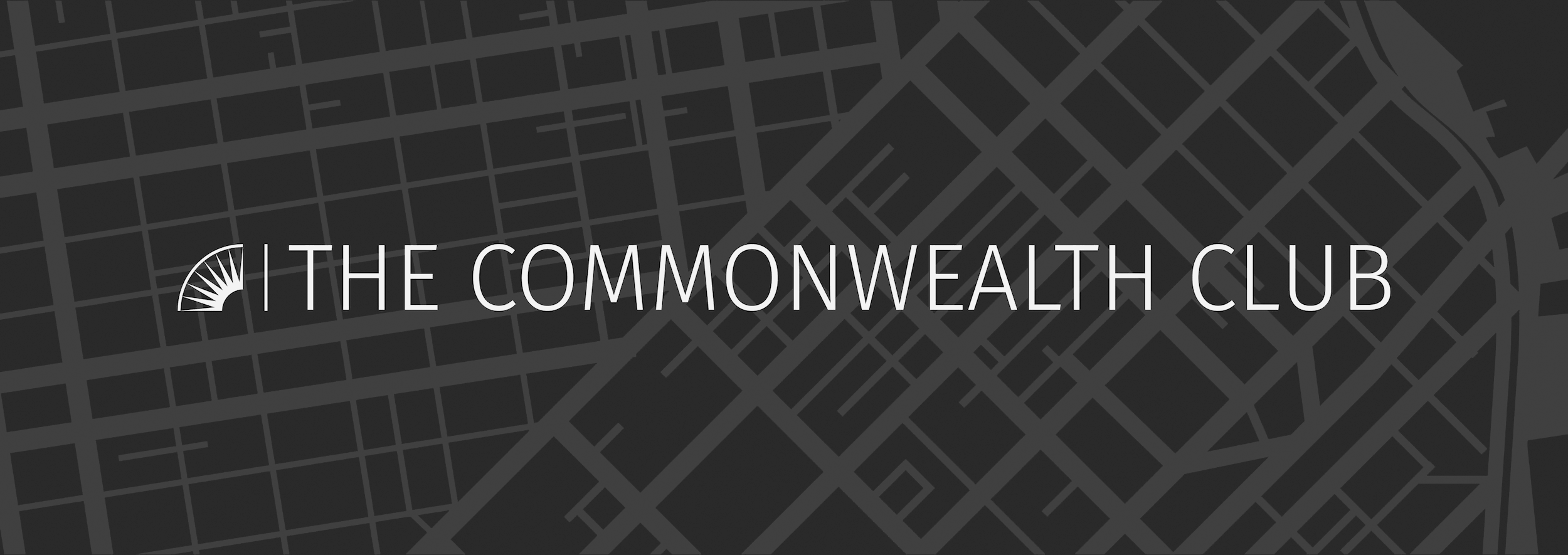General Keith Alexander (Ret.), Founder and CEO, IronNet Cybersecurity; Former Head, U.S. Cyber Command and the National Security Agency
Alfred R. Berkeley, Director, World Economic Forum USA; Co-Author, The New Paradigm for Cyber Security
David Mount, Partner, Kleiner Perkins Caufield & Byers
The "Internet of things" promises tech-savvy people the ability to tap a smart phone to unlock your home door to let in your dog walker or house guest. Other possibilities include refrigerators that can order groceries and thermostats that can be controlled remotely. Smart homes outfitted with appliances that send and receive data are related to a smart electric grid, which would similarly send electricity to homes and receive energy generated on solar rooftops or other renewable sources. California law requires the state to source half of its energy from renewable sources by 2030. That will present big challenges for a grid that was built to be only one-way. Companies financing and supplying renewable energy are scrambling to figure out how to make the grid both green and safe from cyber attacks.
How California manages the transition may be a model for the country for what to do—or not do. Join us for a conversation about the transition to smart homes and a smart grid and whether smart hackers can exploit the situation to wreak havoc on our connected lives. We also will discuss broader issues of cybersecurity and privacy in a hyper-connected age.



